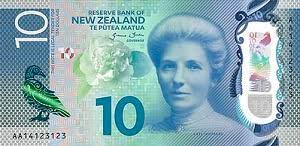While looking at the concept of challenge we thought about the challenge of making choices.
How do we make choices?
Do we ever have to consider others when making choices?
Do some choices only affect us or do all choices affect others too?
How do we feel when others don't agree with us? What can we do about it?
If we need to make a choice as a group what is the best way to make it fair?
Children were outraged when we had a class vote and I only allowed a small group to vote on it. This led to discussions on feelings and fairness.
We then looked at the history of NZ voting.
- Did you know that in 1853 NZ held it's first election. To be eligible to vote you had to be male, over 21, and a British subject who either owned or rented property worth a moderate amount of money.
- In 1860 men who had miners' rights became eligible to vote.
- In 1867 all Māori men over 21 became eligible to vote.
The girls in the class were up in arms that females were not allowed to vote, but very proud when we looked at Kate Sheppard and the suffragette movement.
- Finally on 19 Sept 1893 the law was changed so that women were allowed to vote. NZ was the first country in the world to allow this. Kate Sheppard graces our $10 note for her part in NZ history.
- Drop food prices
- Help kids with learning difficulties
- Give children optional jobs so they get more money
- Listen to children to get ideas
- Pay us to go to school
- Lower prices for video games and toys
- They should listen to us more as our imagination can be very creative so adults should use more of our ideas
- Better tech
- Pay teachers more
- More freedom
- No school
- Enforce laws
- More football teams and cards
- Lower prices for houses and better education
- Care about the environment more
- More food and more nature
- Better homes and food.
- Make sure that all children and adults have a home, food and water
- Cut down the use of fossil fuels and polluting the world
- Stop bullies because it can make kids shy and stop kids from socialising





No comments:
Post a Comment